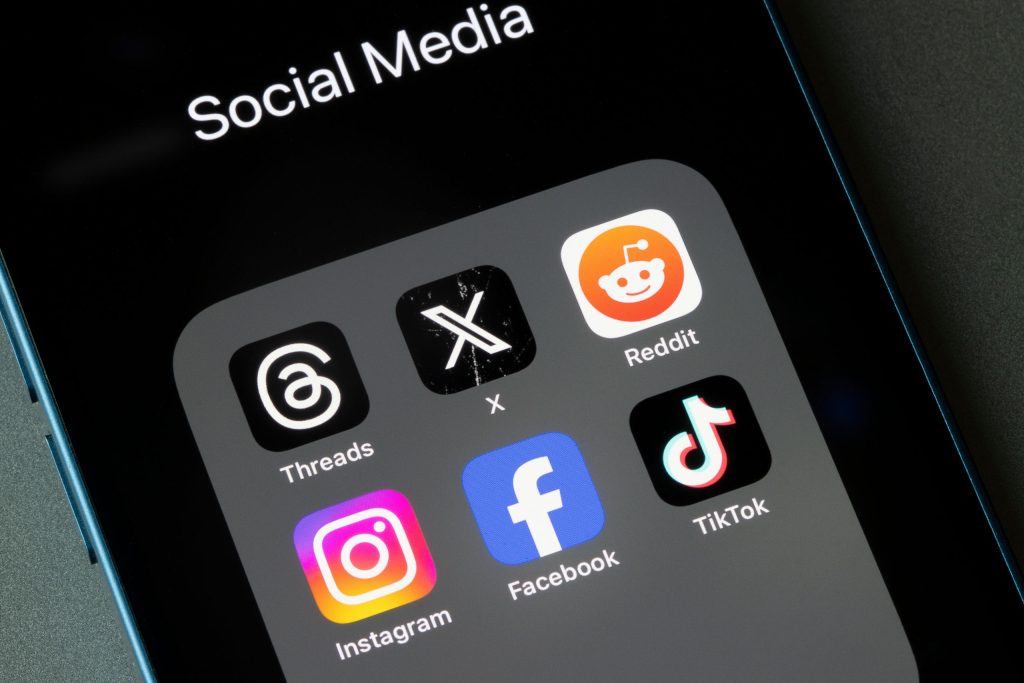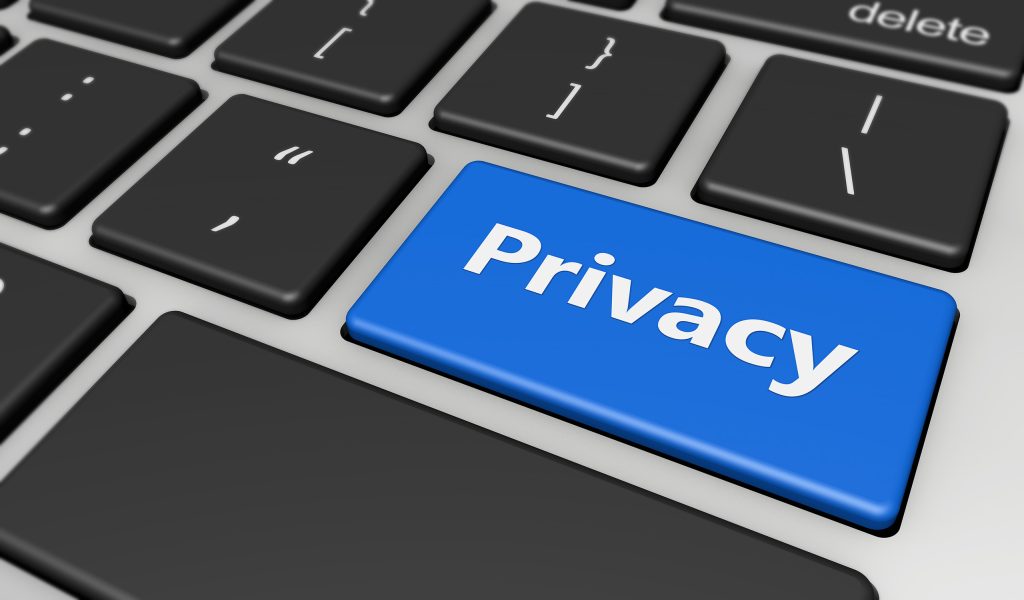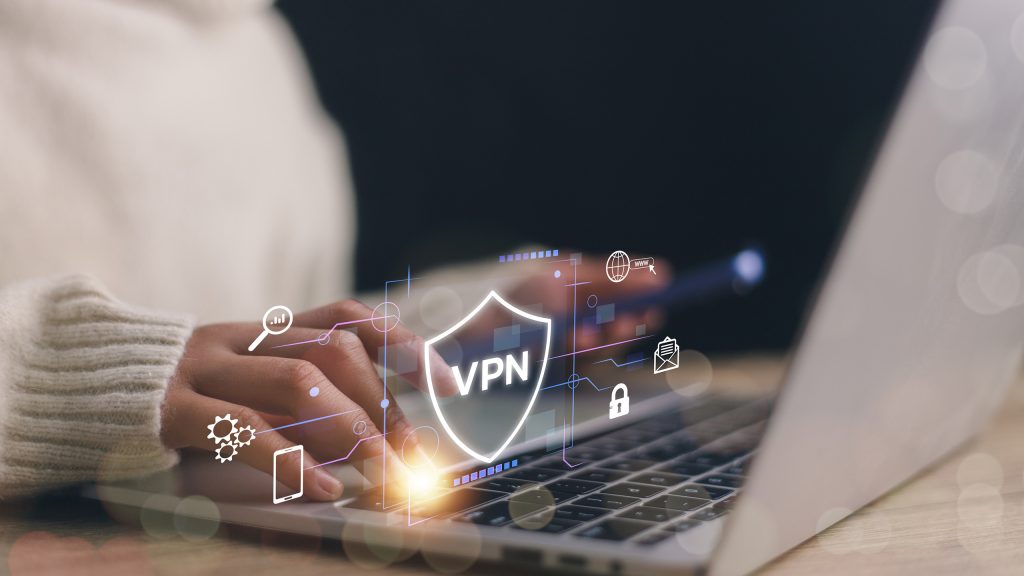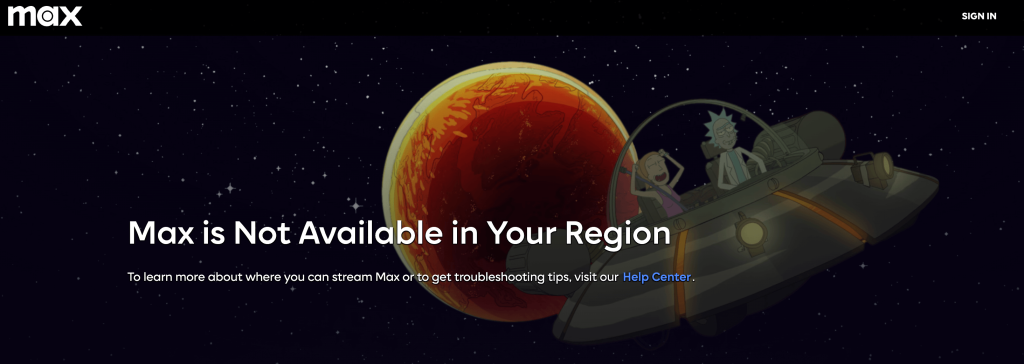Facebook is the vanilla social media app, and everyone from your aunt to your grade school classmates is on it.
An incredible amount of useful content lives on the platform. Thus, it can be frustrating when your place of work or school decides to block access to it.
Before diving into how you can unblock Facebook, let’s look at the app’s astounding prominence and staying power (which commonly puts it at the top of the list of apps to block), why it could be blocked, and the countries that block Facebook right out of the gate.
The App that Keeps Going and Going
Facebook has remained one of the most popular social media platforms in the world since its launch in 2004.
Despite changing digital trends and the rise of platforms like TikTok and Instagram, Facebook continues to be a central hub for staying connected with friends, sharing updates, joining communities, and discovering news.
Yet, many schools and workplaces block access to Facebook, limiting how and when users can engage with the platform.

Why Is Facebook Blocked at School or Work?
Institutions often block Facebook to minimize distractions, improve productivity, and maintain control over network usage. Schools may restrict access to ensure students stay focused on academic content, while employers do so to keep employees on task during working hours.
Network administrators typically block Facebook using firewalls or DNS filtering. These tools detect and deny traffic to specific domains. In this case, facebook.com and its related services are added to a list of domains to block on the local network. More advanced systems may even inspect encrypted traffic to detect Facebook usage via HTTPS.
Countries That Block Facebook
While many people only encounter restrictions in institutional settings, there are countries where Facebook is blocked entirely due to government censorship. For example:
- China: Facebook has been blocked since 2009.
- North Korea: All social media platforms, including Facebook, are banned for most citizens.
- Iran: Facebook is restricted due to content control and political reasons.
In such cases, a more robust workaround is necessary to access the platform. In short, VPNs are commonly used to unblock Facebook, but not all of them work reliably in China, North Korea, and Iran.

How to Use a VPN to Unblock Facebook
Regaining access to Facebook is primarily about using the right tool.
A Virtual Private Network (VPN) is one of the most effective tools to bypass restrictions. It encrypts your internet traffic and routes it through a remote server, masking your location and allowing you to access blocked content.
Follow these steps to use a VPN and unblock Facebook:
- Choose a VPN Service: Look for a reputable VPN provider that values privacy, has strong encryption, and offers fast speeds. Recommendations are in the next subheading in this article.
- Install the VPN App: Download the VPN app from the official website or app store for your device (Windows, macOS, Android, or iOS).
- Log In to Your VPN Account: Open the app and sign in using your VPN credentials.
- Choose a Server Location: Select a server in a country or region where Facebook is not blocked, such as the United States or Toronto, Canada.
- Switch Locations by Switching Servers: If one server is slow or still blocked, try another until you find a smooth connection.
- Launch Facebook: Open your browser or the Facebook app. You should now be able to access the platform without restrictions.

Tips for Choosing the Best VPN for Facebook
Thinking about getting a VPN, but don’t know what to look for? Just about any VPN can unblock Facebook in most countries. However, for the best experience, here are some things to look for:
- No-logs Policy: Ensure the VPN doesn’t store data about your browsing activity.
- Fast Speeds: Since social media involves images, videos, and live content, choose a VPN with minimal speed loss.
- Strong Encryption: Look for 256-bit AES encryption and secure protocols like OpenVPN or WireGuard.
- Wide Server Network: More servers mean more options to bypass blocks.
- Device Compatibility: Make sure the VPN works on all your devices, including phones, tablets, and computers.
Now, if you’re ready to start looking at specific services, I’ve got you.
Here are LetMeBy’s recommended VPNs for unblocking Facebook:

Conclusion
Facebook’s global presence makes it a key platform for personal and professional communication, but it’s often restricted in schools, workplaces, or in certain countries. These blocks are typically implemented to reduce distractions or enforce regulations.
At times, content on Facebook can really save the day and help you complete your tasks. So, contrary to the belief of some, it isn’t just a productivity killer.
By using a VPN, you can safely and effectively bypass these restrictions. Simply choose a reliable service, use their VPN app, and you’re good to go. With the right tools and knowledge, regaining access to Facebook is straightforward and secure.

























